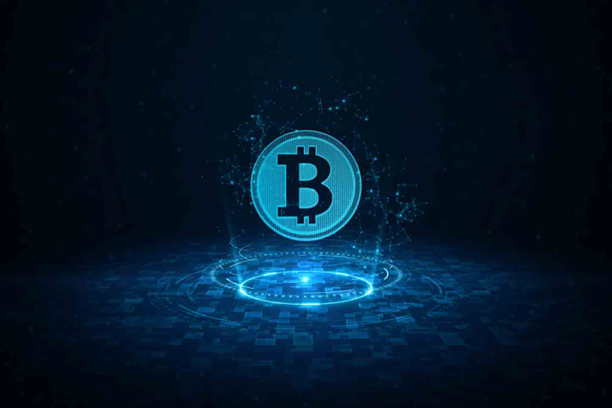Bitcoin is a decentralized digital currency that lets people send money to each other without using any intermediaries or geographical restrictions. Everyone has an encrypted virtual wallet to store and transfer Bitcoins, and transactions made with the cryptocurrency are safely stored on the blockchain network. Bitcoin is becoming an increasingly popular method of payment worldwide due to its improved security features. You can also use commercial software like this, which is a very convenient option if you don’t want quick responses.
What is trading Bitcoin?
Cryptographic signatures are frequently used by miners to verify Bitcoin transactions, which are sent securely over the blockchain network. Proofs of work are intricate math puzzles that miners collaborate on to solve. The main digger to effectively address this puzzle will be compensated with 12.5 Bitcoins. Anybody with adequate figuring power and mining equipment can partake in the approval cycle for these exchanges. Reserves that move through Bitcoin commonly require 10-20 minutes to affirm, however during times of organization clog this time can require as long as an hour. These exchanges comprise information sources (the location to which the assets were sent) and results (the location to get the assets), which are the components important to approve the exchange.
What are the exchange charges?
Cost determines how quickly a transaction can be completed. By and large, the more cash you pay for an exchange, the quicker it will finish. However, only a limited number of transactions can be carried out simultaneously because of the limited space. In circumstances of weighty organization action, diggers focus on exchanges with the most elevated expenses to guarantee the most lucrative exchanges, even during the high blockage.
Users of cryptocurrency wallets can determine their transaction fees, which are paid to cryptocurrency miners directly. These fees can reach unprecedented levels, typically ranging from $24 to $31, during a high-demand “bull market” for Bitcoin. Although there is typically more competition, there is no minimum fee that all users must pay. in this sector, so transactions with higher fees are given priority and are approved faster. Therefore, it’s not unusual for Bitcoin transaction fees to change in response to user demand.
Reasons for the lengthy processing times of Bitcoin transactions:
- Network load: On a blockchain network, increased transactional activity frequently results in a delay in the memory pool of the nodes. When the number of unconfirmed transactions reaches a certain high threshold, this gets worse. This can altogether dial back the affirmation time for every resulting exchange, creating setbacks.
- Transaction Fees: The mining procedure, which requires a great deal of skill and effort, relies heavily on transaction fees. However, reducing transaction fees means that confirmation times are longer.
How do transactions in Bitcoin work?
Sending and getting computerized monetary standards like Bitcoin safely requires an intricate cycle. This includes sending money securely through Bitcoin networks and wallets. Public keys and private keys are two terms that are associated with this kind of transaction.
- Confidential Key: The confidential key is a significant piece of cryptographic money possession. Accordingly, you ought to deal with them like passwords for your online entertainment records and keep them stringently private. It gives you access to your Bitcoins, and if you lose or steal your token without it, you can’t get it back. Move safely back.
- Public Key: Your public key—also known as your Bitcoin address—accompanies your username on social media platforms. They are accessible to everyone and permit other individuals to send you bitcoins. You must give the sender access to your public key to receive Bitcoin payments.
